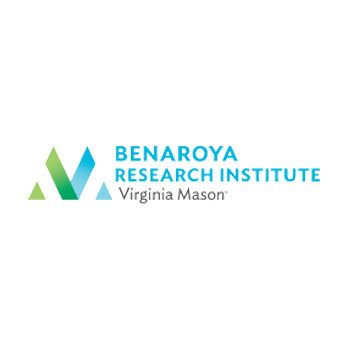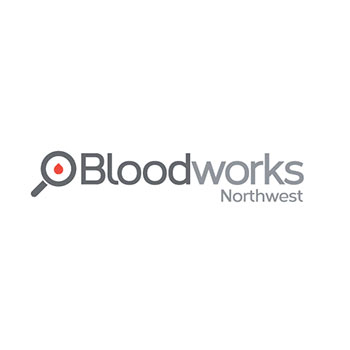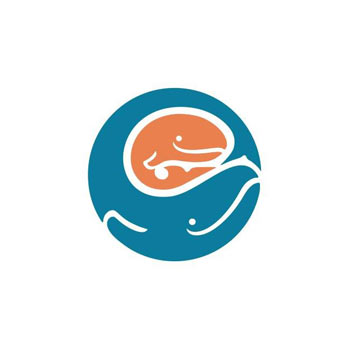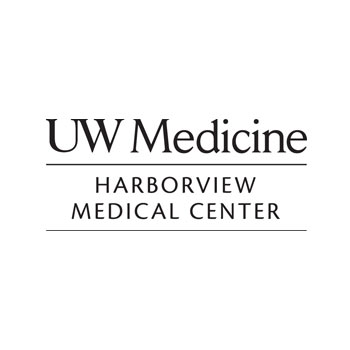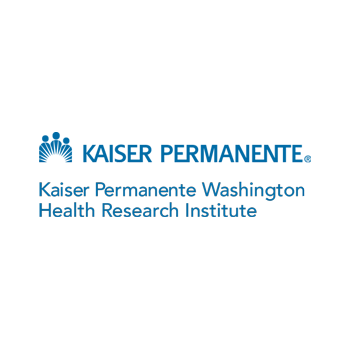Interactive Medical Training Resources, University of Washington

Our Mission interactive Medical Training Resources (iMTR), a research group in the UW School of Medicine’s Division of General Pediatrics, is dedicated to advancing health care professionals’ knowledge of procedures in order to improve the quality of patient care. Employing computer-based, self-paced training programs and distance learning techniques, iMTR is addressing the demonstrated and growing need for quality improvement in patient care. A training method that works The commitment to quality improvement is implicit in a health care professional€™s mission to promote the health and well-being of others, yet continuing education is cumbersome if one must close the clinic in order to attend classes. With our evidence based methodology, iMTR provides an alternative to this predicament through the use of distance learning modules that can be done when and where convenient to the learner. iMTR also offers ongoing assessments on case-based examples in order to increase clinicians€™s knowledge and enhance patient care.




